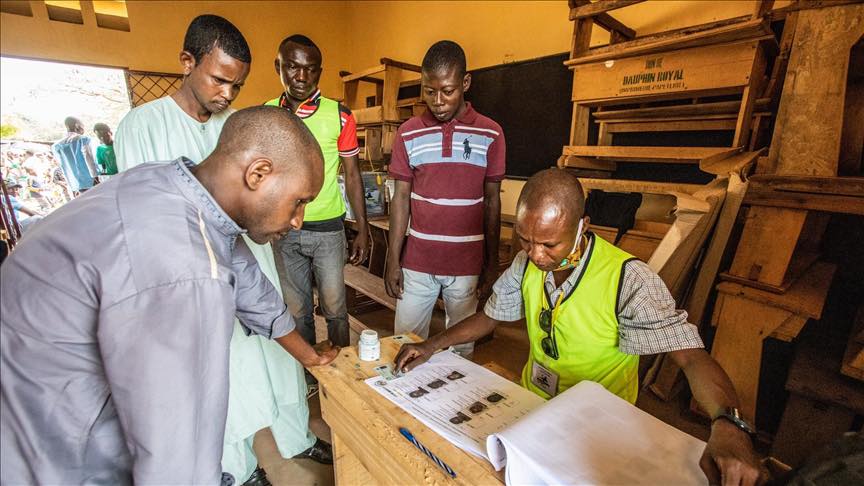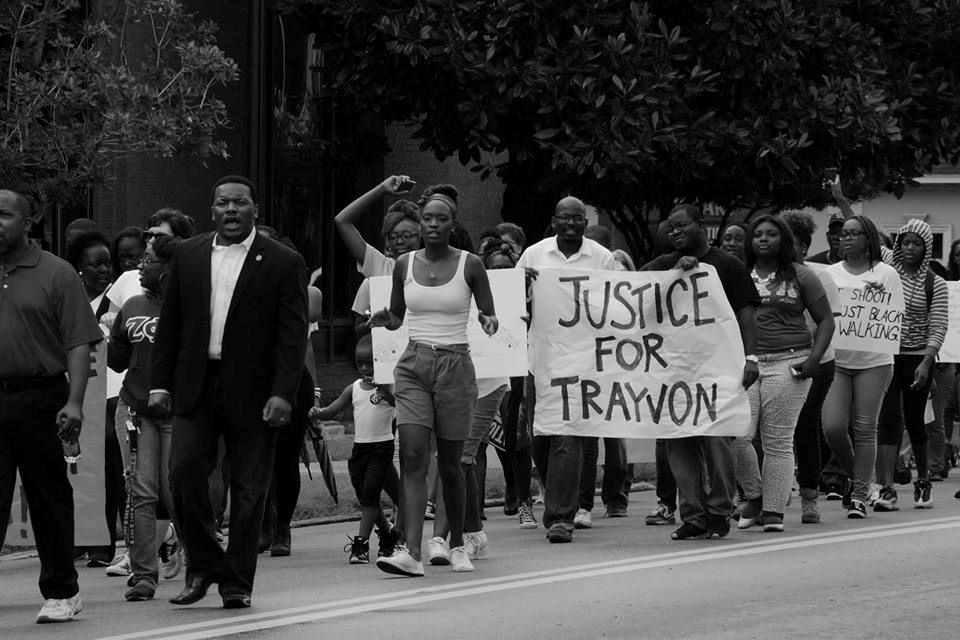“One Is Not Born, But Rather Becomes, A Woman,”
Simone De Beauvoir
Lagos, Nigeria—A few weeks ago, a bitter family feud erupted at Ikeja High Court of Lagos, Nigeria, as relatives of Herbert Onyewumbu Wigwe, the late CEO of Access Bank Plc, clashed over his vast estate. Wigwe’s father, Shyngle Wigwe, and cousin, Christian Wigwe, are contesting Wigwe’s will, which named his oldest surviving daughter, Otutochi Wigwe, as guardian of his fortune. This rekindles contentious conversations on inheritance and property rights for women in patriarchal societies, such as the Igbos of South Eastern Nigeria.
In Igbo culture, traditional norms dictate a strict patriarchal hierarchy, with men born to dominate and women relegated to subordinate roles. This social order is seen as immutable, a natural law that cannot be altered. The patriarchal mindset permeates every aspect of Igbo life, including inheritance—a critical conduit for trans-generational wealth, business continuity, and legacy. For Igbo women, this means navigating a world where their social status is conditional from birth and always tethered to a male figure—fathers, brothers , husbands, sons or uncles even. Like Otutochi, these Igbo women are our mothers, sisters, wives, daughters, and aunts.
The indomitable Igbo spirit is entrepreneurial and resilient, with their business success vastly known within and outside Nigeria. Wigwe built a legacy shaped by vision and resilience. He said, “Success is a meaningless word without failure. I have failed many times, but in every wrong turn, every misstep, there are important lessons.” Wigwe’s legacy was known and celebrated in his community and abroad. “France has lost a great friend in Herbert Wigwe,” said Emmanuel Frédéric Macron, President of France.
The feud over Wigwe’s estate has ignited a contentious debate about the social order in Igbo society. The challenge to his will, which named his daughter Otutochi as guardian of his estate, has exposed the deep-seated patriarchy that pervades Igbo culture. At its core, the dispute is not merely about wealth but about tradition, control, and the entrenched notion that women cannot oversee a family’s legacy. This exclusion is not limited to inheritance; Igbo women are also barred from property rights, business continuity, and cultural and political participation. In these equations, a woman’s claim to legacy is fleeting at best, and nonexistent at worst.
Despite some progress in shedding patriarchal mindsets, Igbo culture remains decidedly male-dominated, in rural areas of Igboland, throughout Nigeria, and across the African diaspora. The courts may ultimately rule in favor of Otutochi, but the true verdict will be rendered by the Igbo people themselves, who must confront the systemic barriers that have long marginalized their mothers, sisters, wives, daughters, and aunts. They must take a stand with these women and put a stop to every form of discrimination.
It is Women’s History Month. And if this month is to mean anything, it’s that women also have a right to be rightful heirs, not just placeholders.





